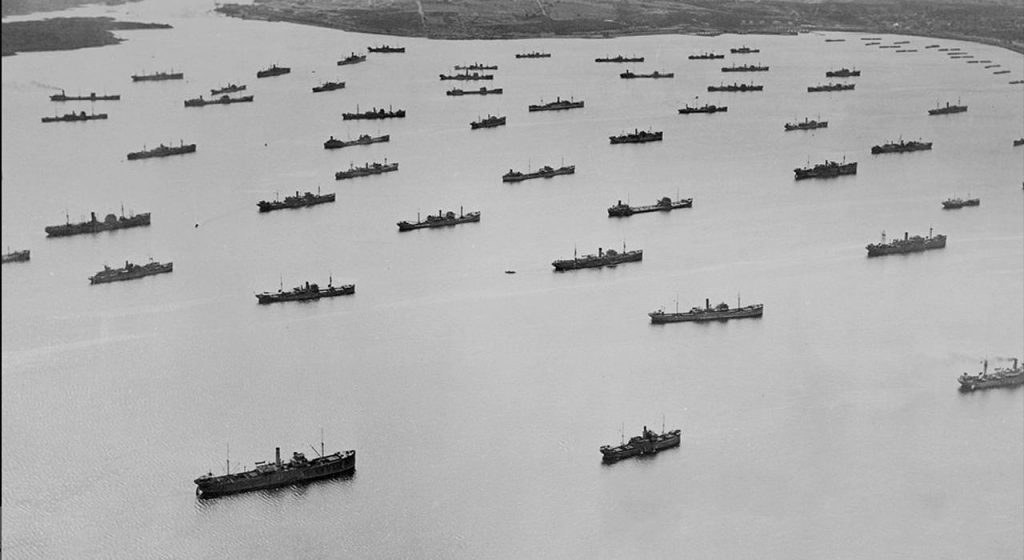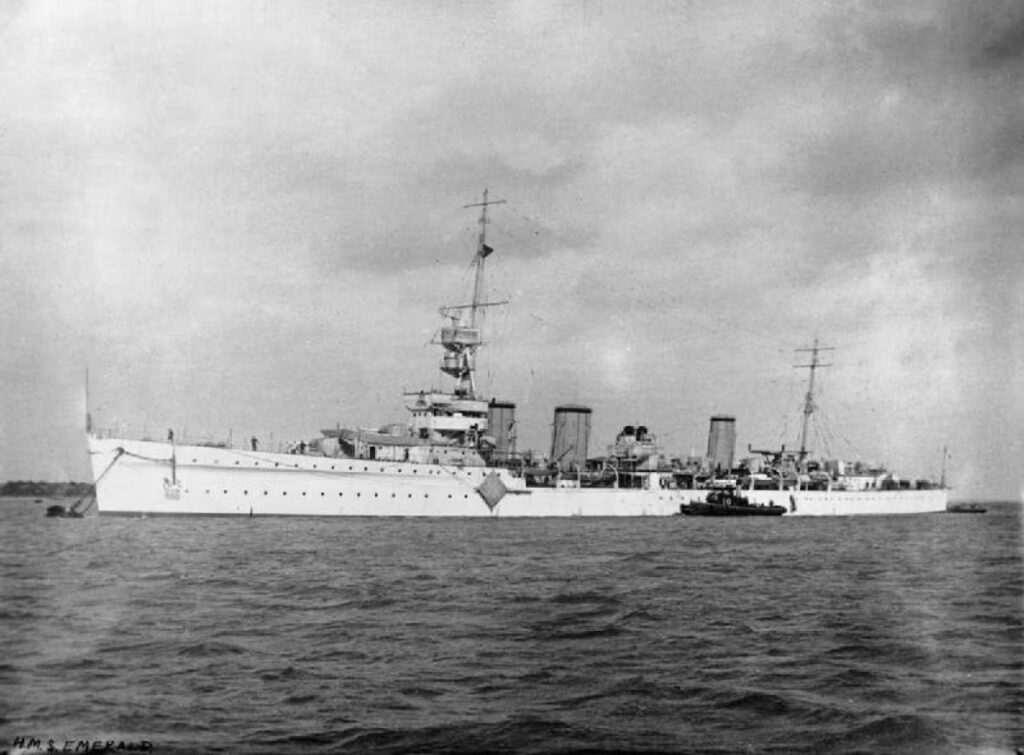Operation Fish, a World War II mission, was one of the most significant movements of wealth in history. Organized by the British government, it aimed to transfer vast quantities of gold and securities from Britain to Canada to safeguard them from the potential Nazi invasion. Here are the key details about this operation:
Background and Purpose:
- As the threat of Nazi Germany loomed in 1940, there were serious concerns about the security of Britain’s financial reserves.
- Operation Fish was conceived to protect the country’s wealth by moving it to a safer location across the Atlantic, ensuring that even if Britain were occupied, the financial means to continue the fight would be preserved.
Execution:
- The operation commenced in June 1940 and involved several high-risk convoys across the Atlantic Ocean.
- Gold bullion, securities, and other valuable assets were transported in specially constructed crates and loaded onto ships.

Notable Transports:
- The operation saw significant shipments, including one convoy in July 1940, consisting of five ships: HMS Emerald, HMS Enterprise, HMS Bonaventure, SS Fort Townshend, and SS New Toronto.
- These ships carried gold worth hundreds of millions of pounds at the time (equivalent to several billion pounds today).

Secrecy and Security:
- The operation was highly secretive to prevent information from reaching the enemy and to protect against potential sabotage.
- Security measures included heavily guarded transports and strict confidentiality agreements among those involved.
Outcome and Impact:
- Operation Fish successfully moved a substantial portion of Britain’s financial reserves to Canada, which were stored in the Bank of Canada in Ottawa and other secure locations.
- This operation ensured that Britain had the financial resources to purchase war materials and continue the fight against Nazi Germany.
- The success of Operation Fish also had a significant psychological impact, providing a sense of security and stability during a perilous time.
Long-term Effects:
- The assets remained in Canada for much of the war, only being returned after the Allied victory.
- The operation set a precedent for international financial cooperation and security during wartime.
Operation Fish remains a testament to the strategic foresight and logistical capabilities of the British government during World War II, highlighting the lengths to which nations will go to protect their economic foundations in times of crisis.